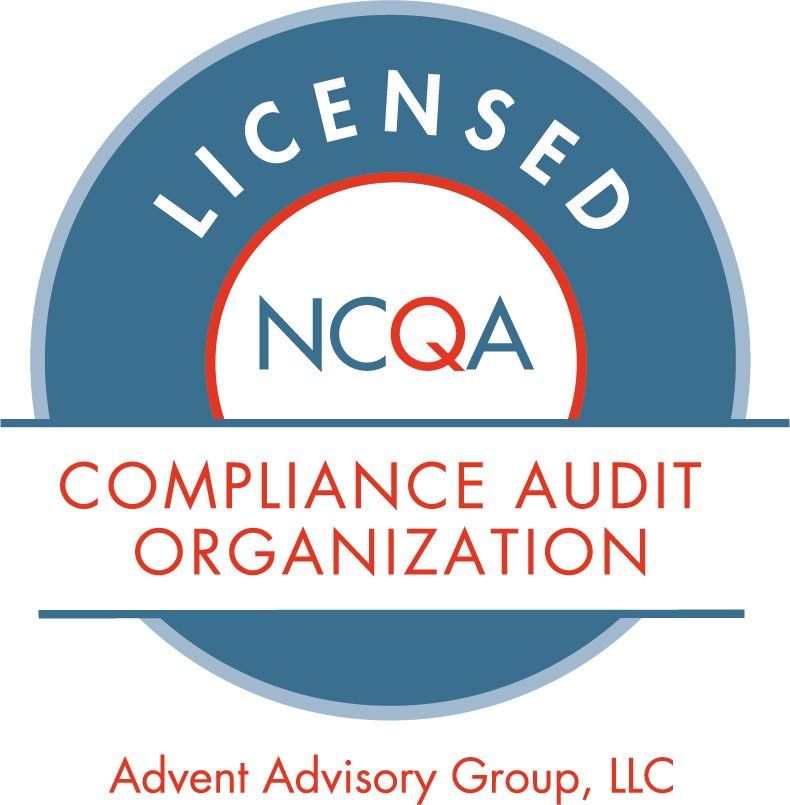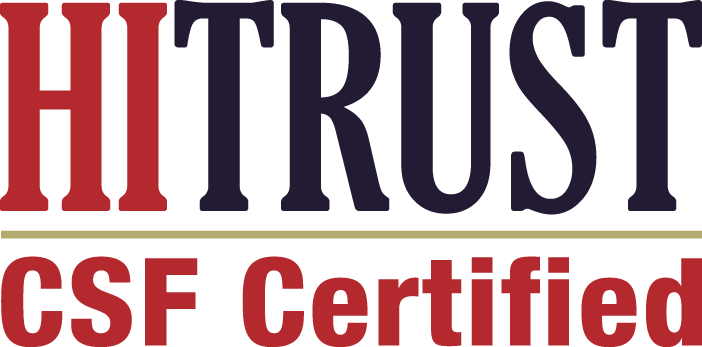A Compelling Case for Building Confidence in Data
Data validation ensures clinical registry data are consistent, accurate, and complete, and that the data conform to business rules so that insights gained from the data are based on meaningful information and can confidently be used for downstream purposes such as population health analytics, business intelligence, and training machine learning models.
Given the ever-increasing number and complexity of clinical data sources, in-house teams, despite their expertise, may face challenges in accurately evaluating the validity of the data due to competing priorities and resource limitations. Independent validation provided by third-party experts adds a layer of objective assessment to the data validation process and ensures data validation standards and practices are rigorously adhered to. It can also identify issues that internal teams may miss.
The return on investment can be viewed in terms of both cost savings and streamlining processes. Through third-party validation and implementing improvements, clinical registries can realize increased efficiency and improved decision making, as well as stakeholder confidence.

Contact us at
info@adventadvisorygroup.com for a copy of our white paper on Independent Validation of Clinical Registries.
Advent Advisory Group Insights














